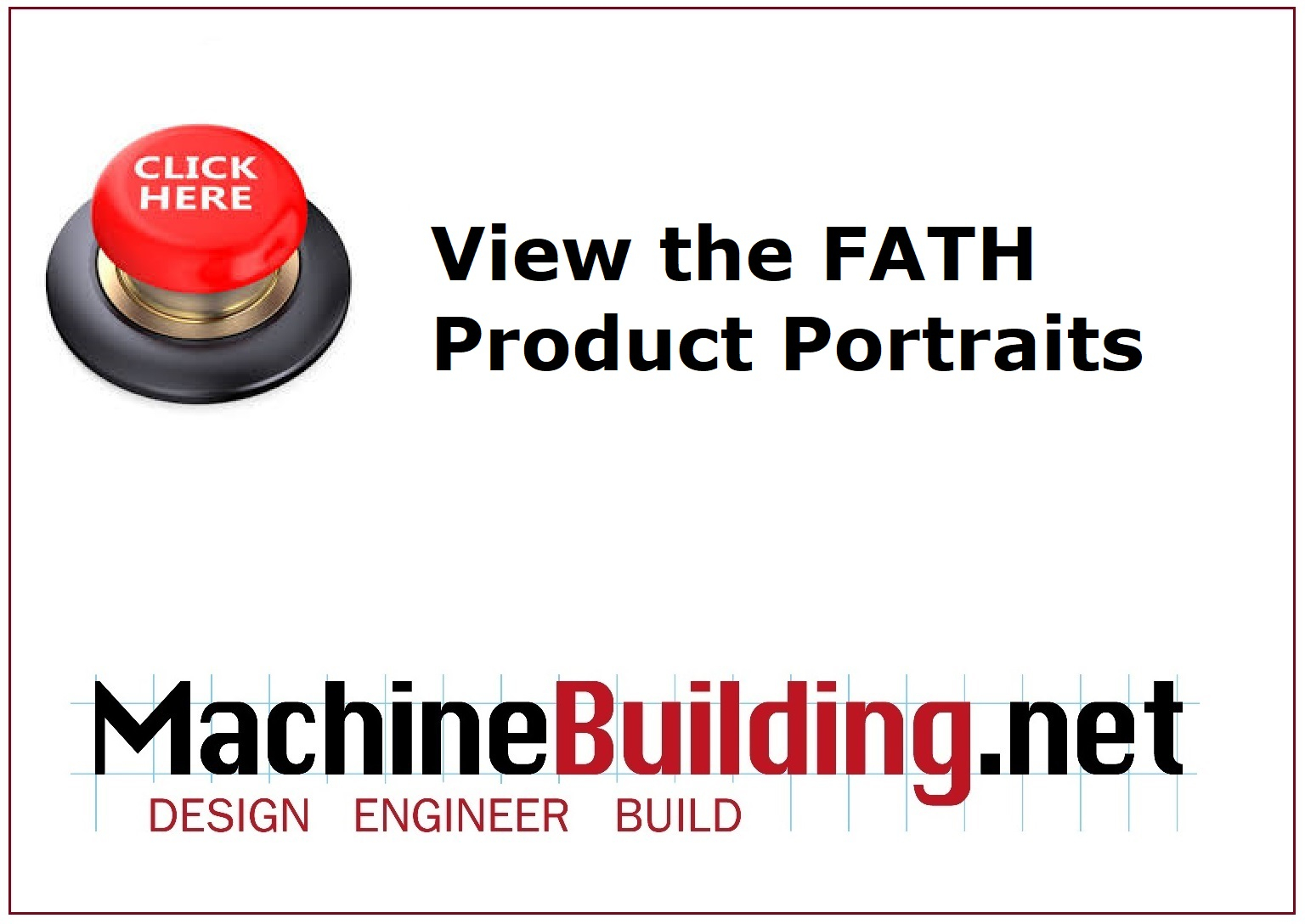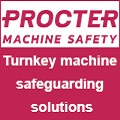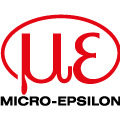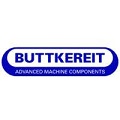
Posted to News on 22nd May 2007, 09:58
Machine buyers demand a better understanding of their needs
When Festo Industry Segment Manager Steve Land asked UK-based buyers of food and packaging machinery and pharmaceutical equipment how they would like machinery suppliers to improve, the answer was: "A better understanding of our needs".
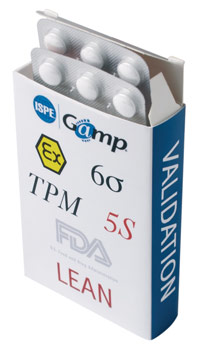
Senior purchasers made it very clear that while they expected suppliers to satisfy their obvious needs for competitive prices and timely order delivery, what really influenced their buying decision was whether or not a supplier truly understood their underlying business needs. Needs which, in many cases, are unstated.
The food and pharmaceutical manufacturing industries have always had much in common, especially in terms of production environments and the type of automation they deploy. Now that pharmaceutical companies are coming under increased competitive pressure and looking at lean manufacturing and energy efficiency improvements to provide potential answers, they are echoing the food industry in asking suppliers to invest time and effort in properly understanding their business, and expecting them to develop and deliver 'complete solutions'.
If you are talking food processing and manufacturing, you are talking lean and efficient. Food products are generally easy to replicate, so companies are under intense competitive pressure - a situation that is compounded by their need to comply with rigorous food safety standards. At the same time, they have to innovate to increase perceived value, retain consumer interest and maintain market share.
Changes in pharmaceuticals
In stark contrast, pharmaceutical companies have traditionally enjoyed the advantages of high-margin products and a near-monopolistic business environment. But this is changing dramatically. The fortunes of many of the world's leading pharmaceutical manufacturers are founded on a bedrock of proprietary – and heavily patented – drug products. But when patents expire, companies are exposed to the threat of generic drugs produced by competitors operating in low-cost economies. By 2010, most major companies will need to replace at least 20 per cent of their revenue, with some companies facing far higher revenue losses.
This scenario is made worse by the fact that, in recent years, drug development has become considerably more expensive. Developing a single mega-drug – the products that are the lifeblood of the industry – can now cost more than $1billion, with the result that there are very few such drugs in the pipeline.
In light of this changing operating environment, pharmaceutical manufacturers are now adopting the same planning and purchasing strategies as food manufacturers, and seeking automation suppliers that are prepared to adopt a more consultative, needs-based approach to business.
Gone are the days of customers simply buying from a catalogue of automation components and systems. Today's automation supplier needs to be prepared to invest effort in understanding its clients' business – technically and financially – and to be in a position to help clients through every stage of equipment pre-sale, sale, installation, commissioning and maintenance.
How is Festo responding?
Typically the sales process now needs to be the start of a very flexible, two-sided arrangement, where both customer and supplier come to regard each other as partners in a long-term relationship. Festo has already acquired an impressive reputation on this score. The company has a long association with many of the world's leading food manufacturers, acquiring considerable knowledge of their requirements along the way, and many of Festo's training, consultancy and energy-saving services have been customised to suit food manufacturers.
In recent years, Festo has also developed a large number of products that extend diagnostic and monitoring capabilities to the point of application, enabling companies to reduce operational costs and lower production downtime by implementing predictive maintenance schemes.
Currently worth just over £6billion, the UK food market is expected to grow at an annual rate of about 3 per cent over the next five years; this relatively slow growth rate is partly attributed to the impact of new legislation, such as the EC's Packaging and Packaging Waste Directive.
Quality control programmes
Most leading food manufacturing companies operate six sigma programmes, including food safety management systems based on Hazard Analysis and Critical Control Point methodology (HACCP) and auditable management systems. The principles of HACCP were originally developed by NASA in order ensure optimum safety for astronauts and were later adapted by the Food and Agriculture Organisation (FAO) and the World Health Organisation (WHO) for a United Nations (UN) food standards programme.
Since management systems today need to include contingency plans for potential crises such as product recall, as well as basic food regulations and acceptable workplace practices, many companies have adopted the international ISO 22000 food safety management system. ISO 22000 exceeds the regulatory standards for food safety, and covers all organisations in the food chain from 'farm to fork', including producers of equipment, packaging materials, cleaning agents, additives and ingredients.
All leading pharmaceutical companies adhere to Current Good Manufacturing Practices (CGMP) and operate to very tightly controlled standards, such as those stipulated by the US Food and Drug Administration (FDA). But meeting these stringent requirements in the face of declining revenue streams is forcing companies to take a very serious look at Overall Equipment Effectiveness (OEE) – which hitherto has not been a prime consideration in the pharmaceutical sector – and some are even considering mothballing their existing manufacturing facilities and moving production to lower-cost economies.
Moving to lean manufacturing and adopting a policy of continuous improvement is rarely an easy path and can demand cultural changes within companies. But in today's economic climate, the benefits far outweigh the disadvantages. And the disadvantages can be minimised by close co-operation between supplier and customer – especially when both parties are prepared to invest the effort to gain a thorough understanding of their respective businesses. Festo Didactic, the training and consulting arm of the company, is delivering many projects in these fields, enabling clients to benefit from its close experience in the food, packaging and pharmaceutical sectors, combined with the technology, operation and people expertise that Festo can apply as a leading manufacturer competing on a worldwide stage.


